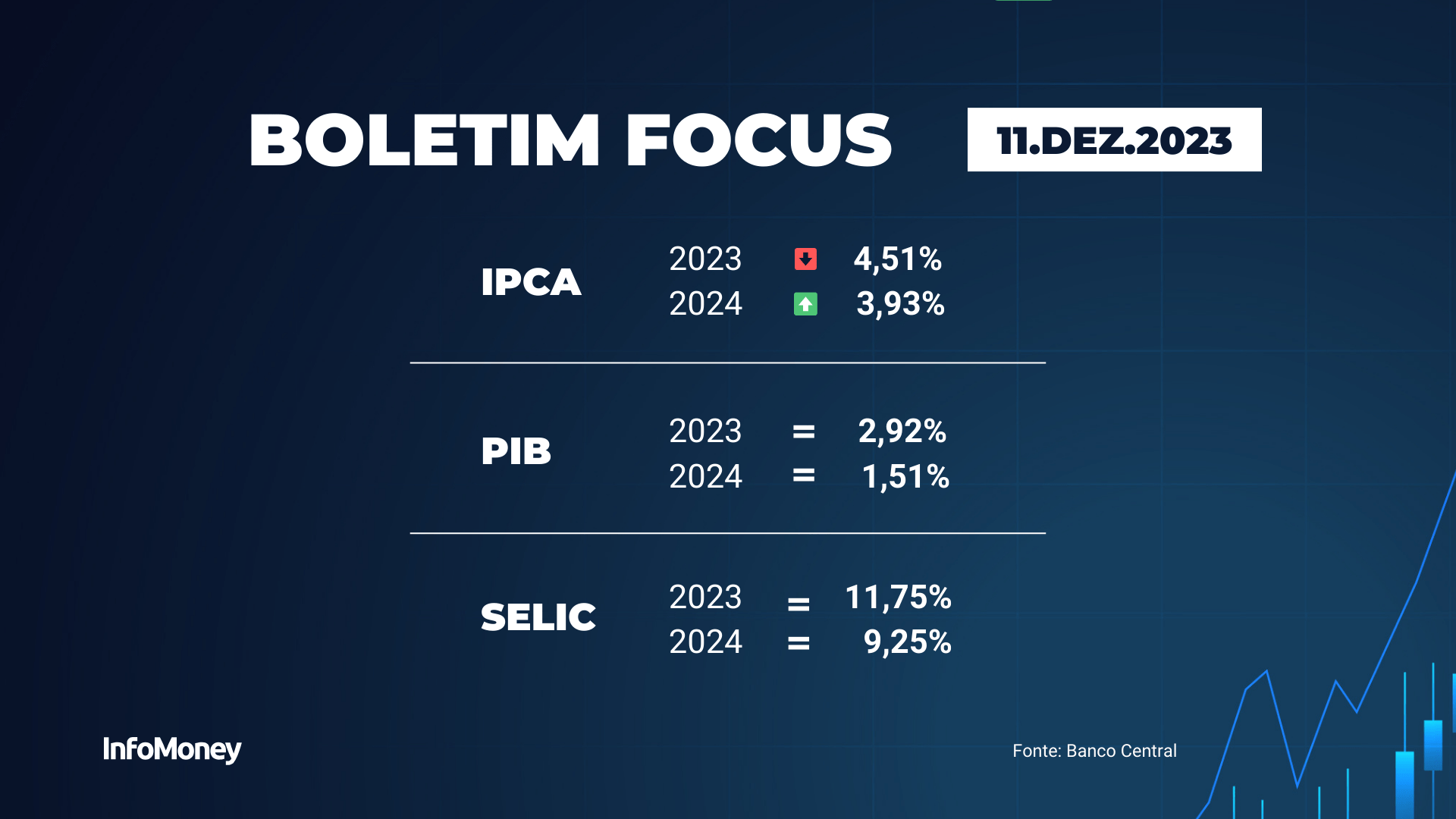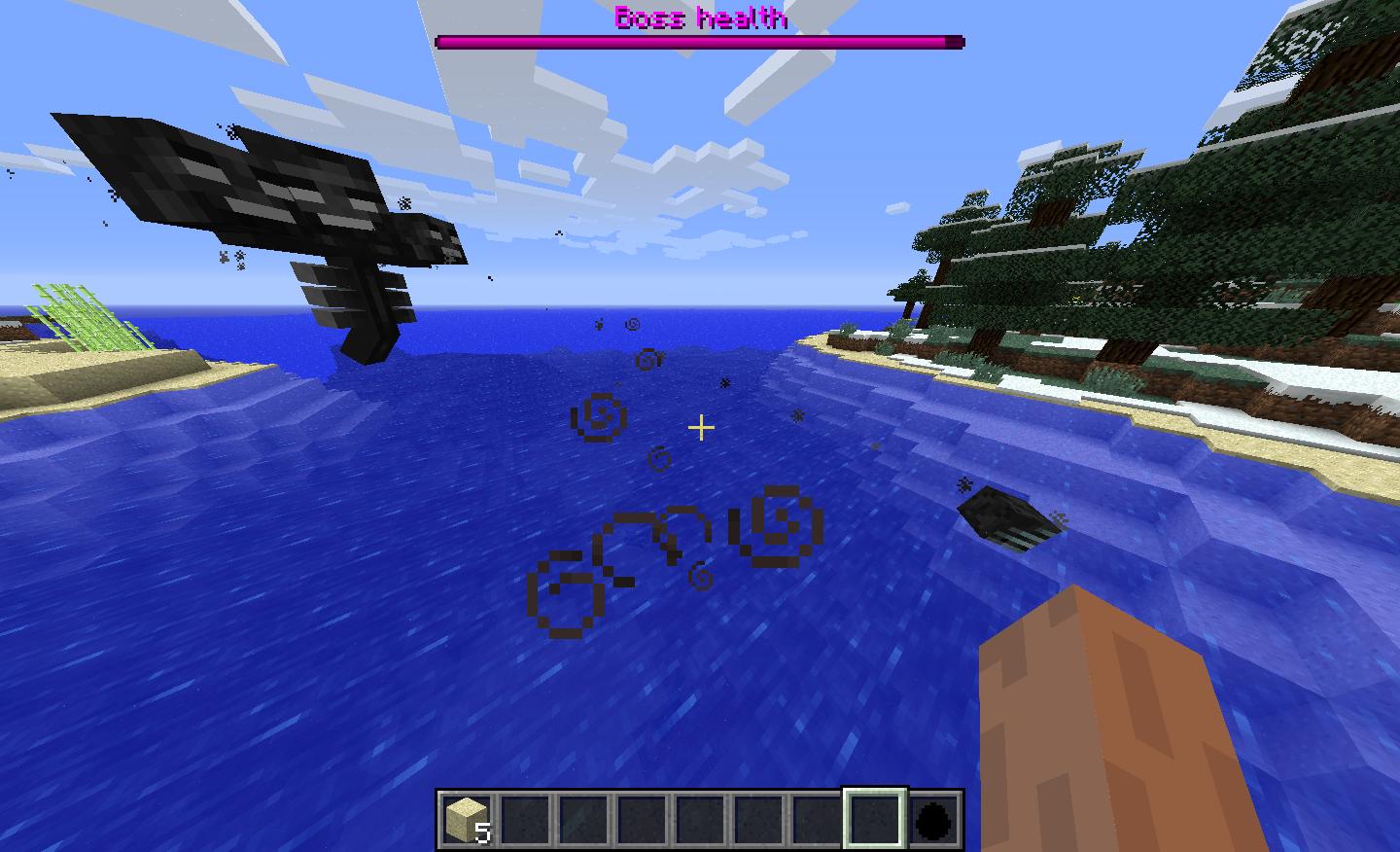Pathogens, Free Full-Text
Por um escritor misterioso
Descrição
In Brazil, blood donation is regulated by the Brazilian Ministry of Health, and all States follow the same protocol for clinical and laboratory screening. Brazil is an endemic country for Chagas disease (CD), caused by Trypanosoma cruzi, and for leishmaniasis, caused by a species of Leishmania spp. Screening for leishmaniosis is not routinely performed by blood banks. Given the antigenic similarity between T. cruzi and Leishmania spp., cross-reactions in serological tests can occur, and inconclusive results for CD have been found. The objective of this study was to apply molecular techniques, e.g., nPCR, PCR, and qPCR, to clarify cases of blood donation candidates with non-negative serology for CD and to analyze the difference between the melting temperature during real-time PCR using SYBR Green. Thirty-seven cases that showed non-negative results for CD using chemiluminescent microparticle immunoassay (CMIA) tests from blood banks in Campo Grande, MS, and Campinas, SP, were analyzed. In the serum samples, 35 samples were evaluated by ELISA, and 24.3% (9/35) showed positive results for CD. nPCR was able to detect 12 positive results in 35 samples (34.28%). qPCR for T. cruzi was quantifiable in the samples that showed a value ≥0.002 par eq/mL (parasite equivalents per milliliter), and in 35 samples, 11 (31.42%) were positive. Of all evaluated samples using the described tests (CMIA, ELISA, nPCR, and qPCR), 18 (48.6%) were positive for CD. For MCA by qPCR, the melting temperature was 82.06 °C ± 0.46 for T. cruzi and 81.9 °C ± 0.24 for Leishmania infantum. The Mann–Whitney test showed a significant value of p < 0.0001. However, the differentiation between T. cruzi and L. infantum could not be considered due to temperature overlap. For leishmaniasis, of the 35 samples with non-negative serology for CD tested by the indirect fluorescent antibody test (IFAT), only one sample (2.85%) was positive (1:80). The PCR for Leishmania spp. was performed on 36 blood samples from donation candidates, and all were negative. qPCR for L. infantum showed 37 negative results for the 37 analyzed samples. The data presented here show the importance of performing two different tests in CD screening at blood banks. Molecular tests should be used for confirmation, thereby improving the blood donation system.
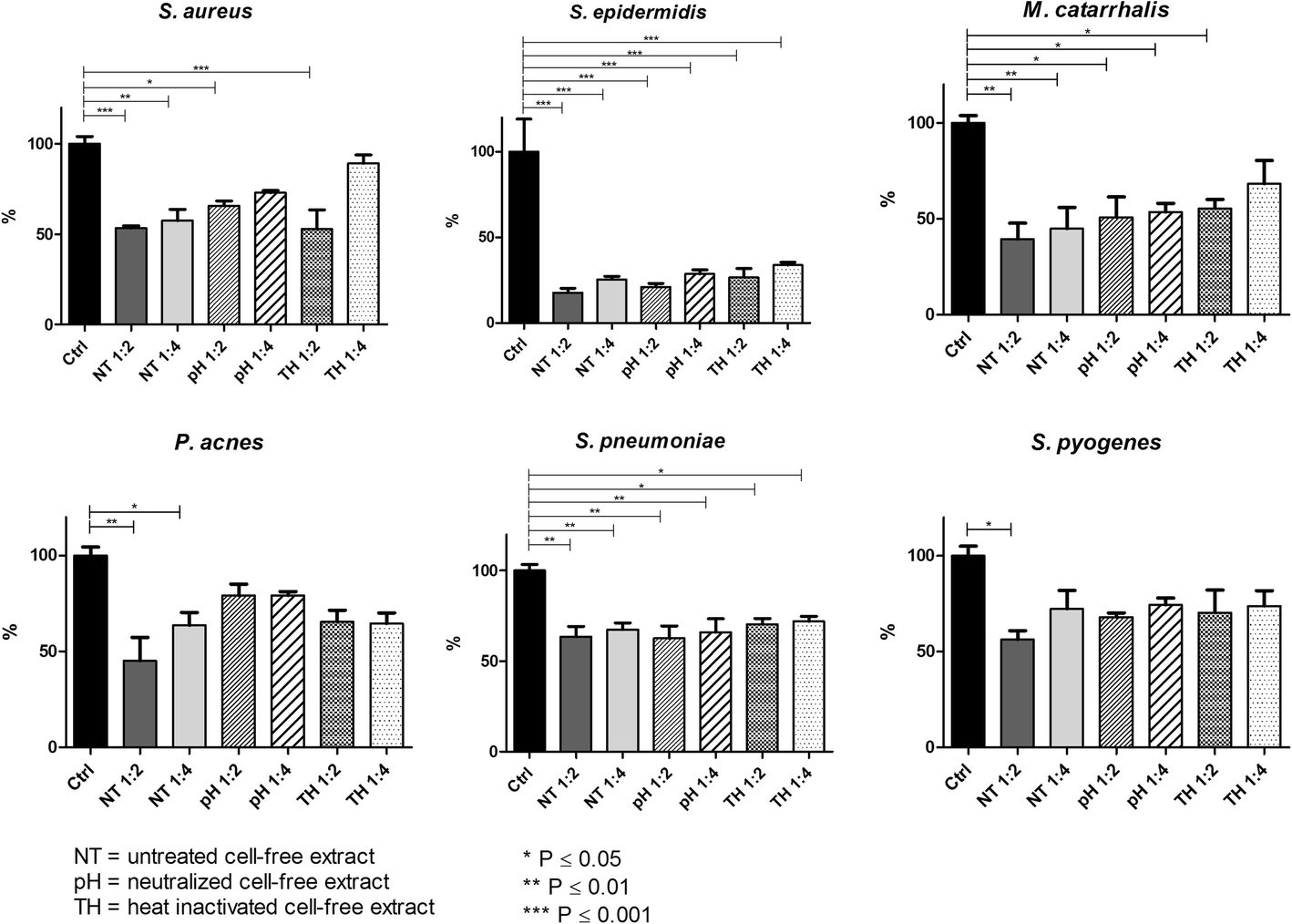
Probiotics Streptococcus salivarius 24SMB and Streptococcus oralis 89a interfere with biofilm formation of pathogens of the upper respiratory tract, BMC Infectious Diseases
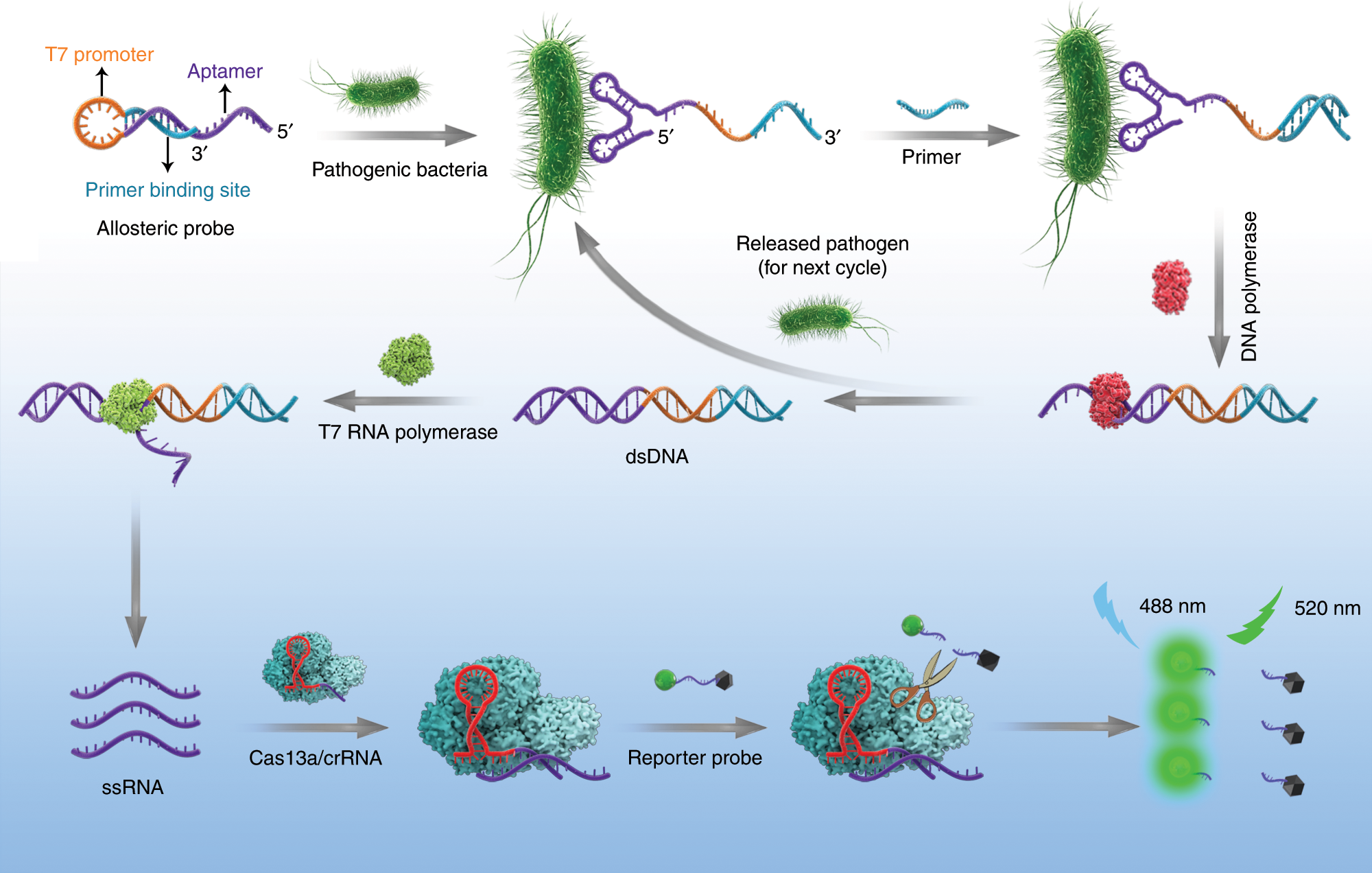
Sensitive detection of a bacterial pathogen using allosteric probe-initiated catalysis and CRISPR-Cas13a amplification reaction

Pathogens and Infectious Disease Word Search - WordMint

Evolution of pathogen tolerance and emerging infections: A missing experimental paradigm

Parasites may be a hot topic at the moment, but they're not just a new trend. Nematodes are in fact the oldest living animal on the planet.…

SOLUTION: Ati vocabulary full 2023 2024 - Studypool
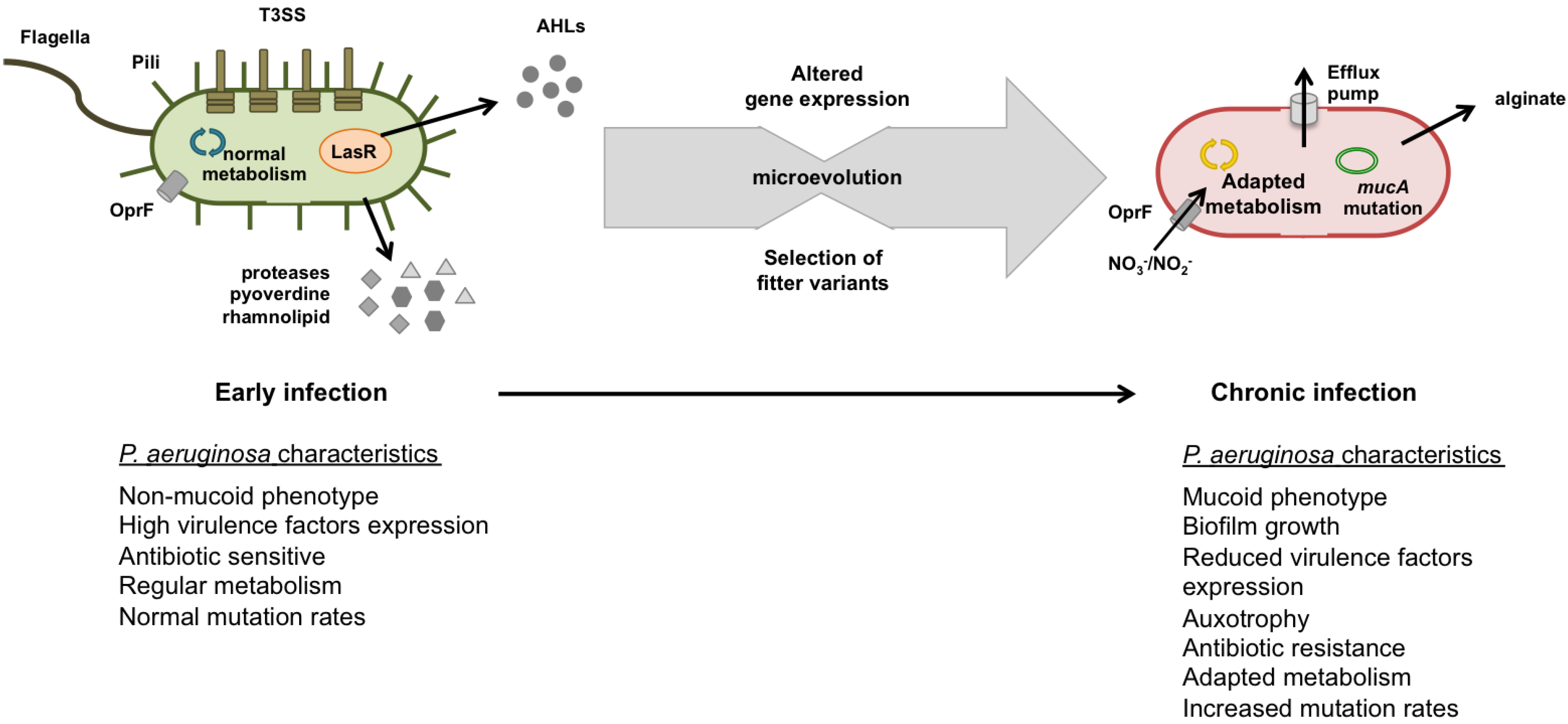
Pathogens, Free Full-Text
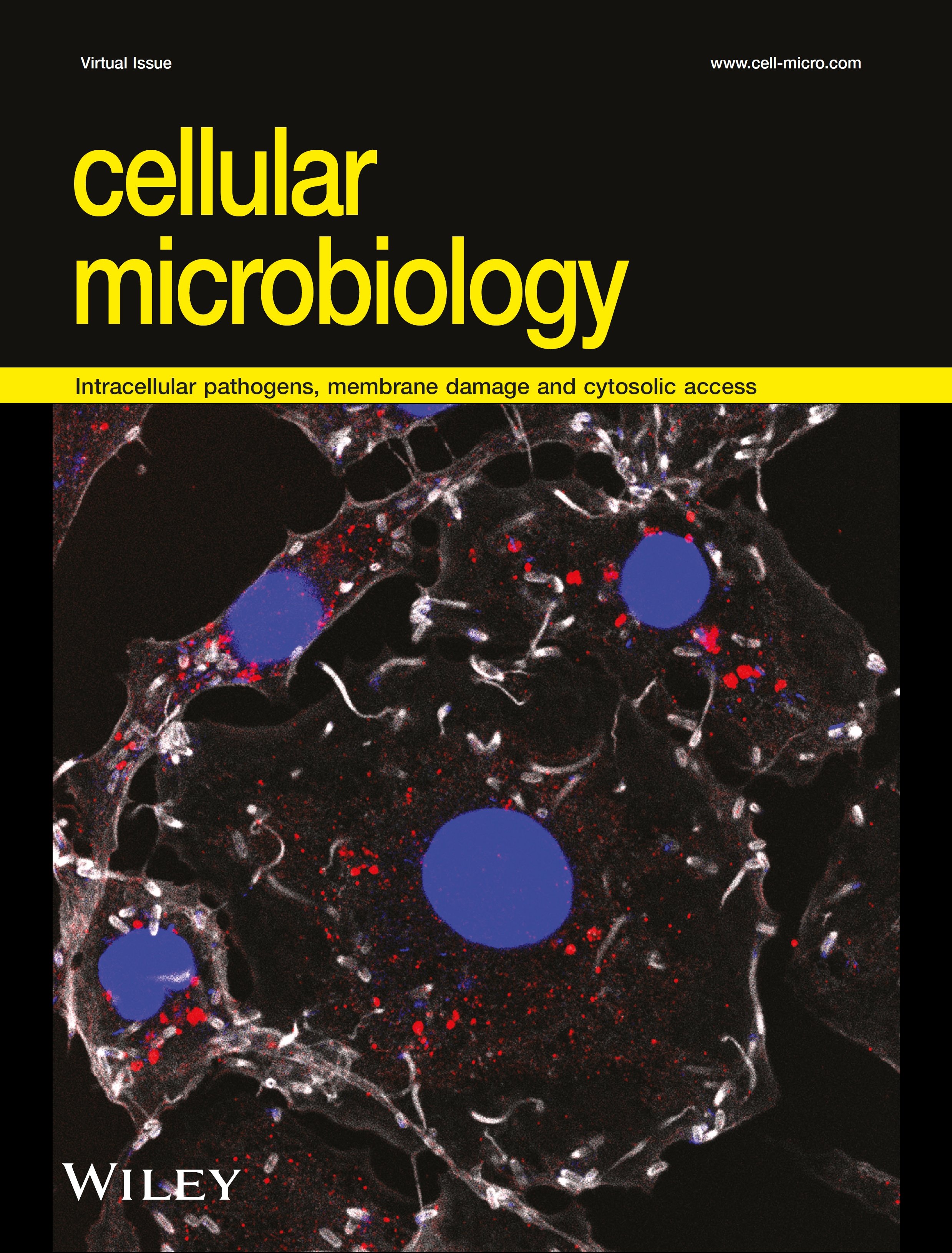
Cellular Microbiology - Wiley Online Library
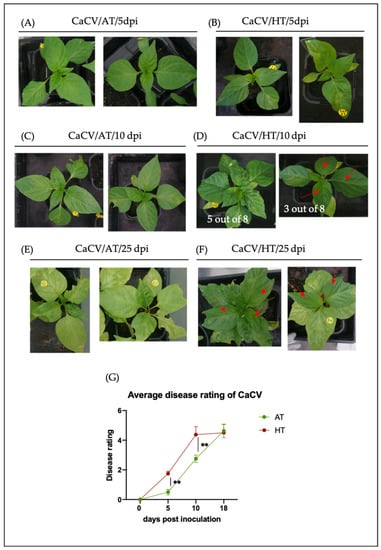
Lg Download Software V1.3.6.3 - Colaboratory

PDF) Detection and characterization of zoonotic pathogens of free-ranging non-human primates from Zambia.
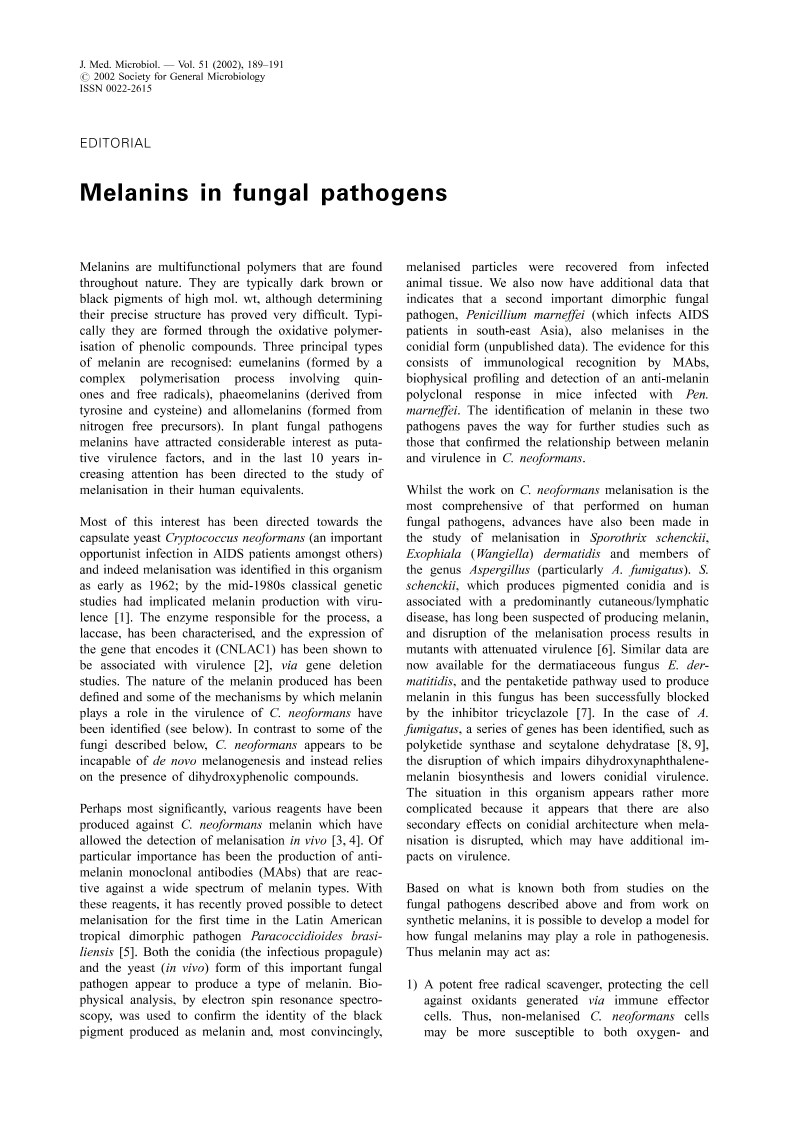
Melanins in fungal pathogens

A culture-free biphasic approach for sensitive and rapid detection of pathogens in dried whole-blood matrix

Microbial Minimalism: Genome Reduction in Bacterial Pathogens - ScienceDirect
de
por adulto (o preço varia de acordo com o tamanho do grupo)
